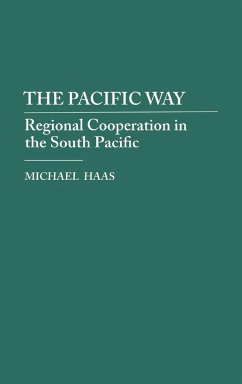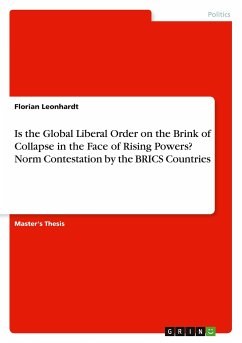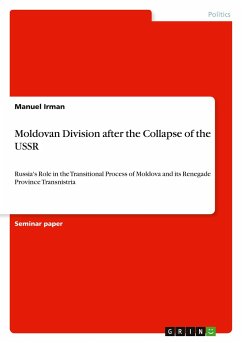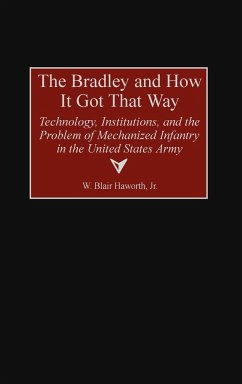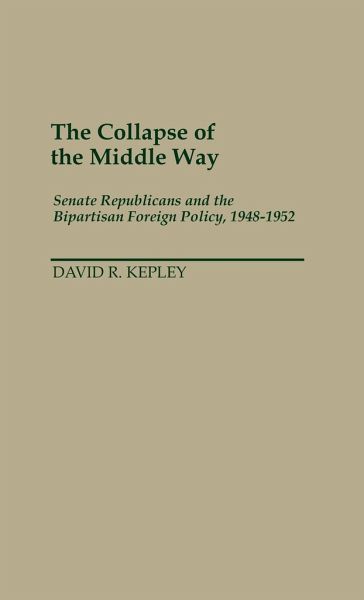
The Collapse of the Middle Way
Senate Republicans and the Bipartisan Foreign Policy, 1948-1952
Versandkostenfrei!
Versandfertig in 1-2 Wochen
61,99 €
inkl. MwSt.

PAYBACK Punkte
31 °P sammeln!
The Truman years saw the beginnings of a dramatic shift in the Republican party's approach to foreign policy and a growing congressional commitment to bipartisanship in foreign affairs. Traditional Republican isolationism, expressed in widespread opposition to overseas political commitments such as NATO and the Marshall Plan, gave way to an internationalist Republican sentiment that called for a militant anti-Communist posture and commitment on a global scale. In this new study, Kepley explains how and why a Cold War consensus developed in the Senate, and he explores the implications of that p...
The Truman years saw the beginnings of a dramatic shift in the Republican party's approach to foreign policy and a growing congressional commitment to bipartisanship in foreign affairs. Traditional Republican isolationism, expressed in widespread opposition to overseas political commitments such as NATO and the Marshall Plan, gave way to an internationalist Republican sentiment that called for a militant anti-Communist posture and commitment on a global scale. In this new study, Kepley explains how and why a Cold War consensus developed in the Senate, and he explores the implications of that process for the recurrent conflict between the president and Congress over the conduct of foreign affairs.






